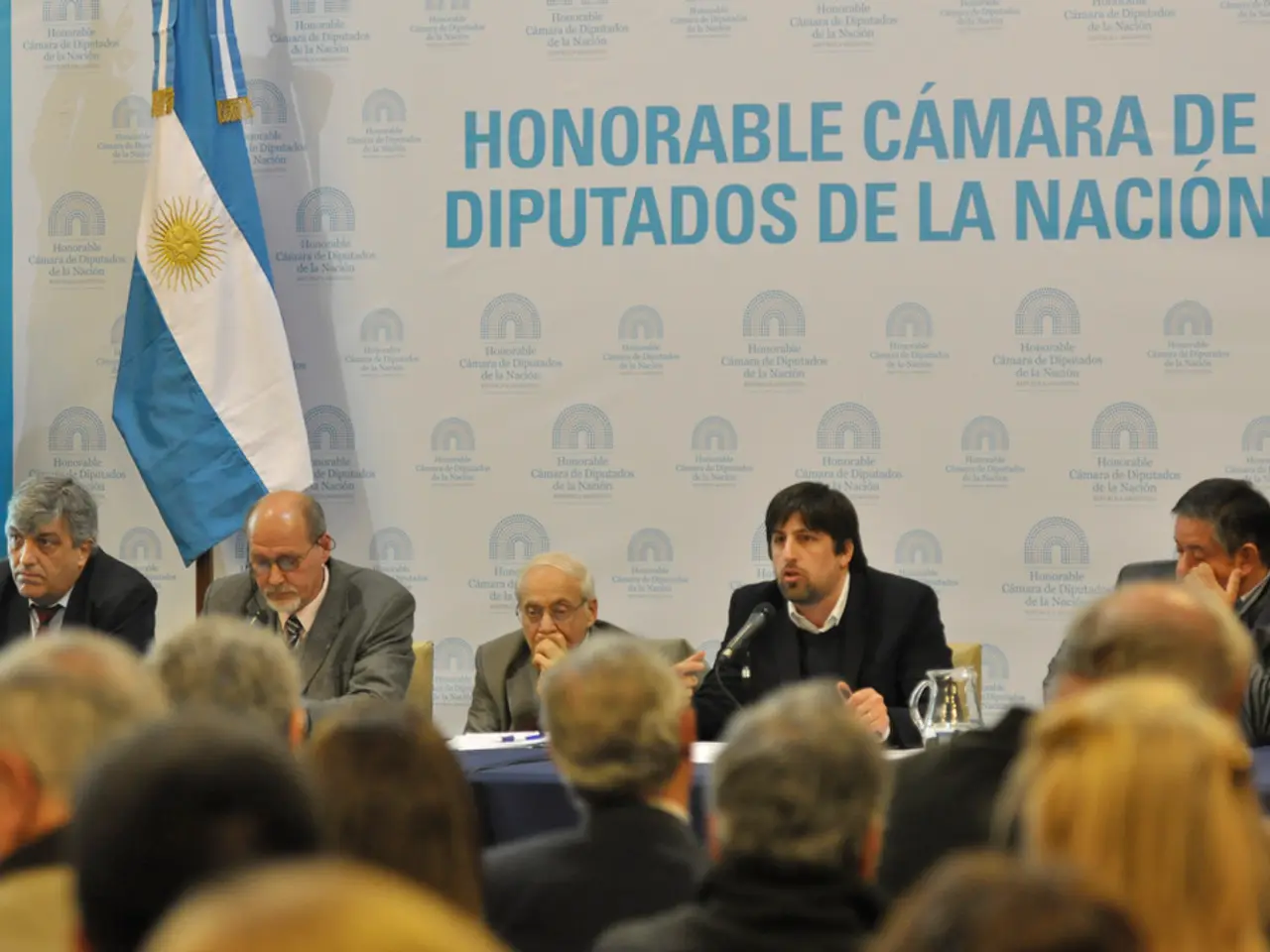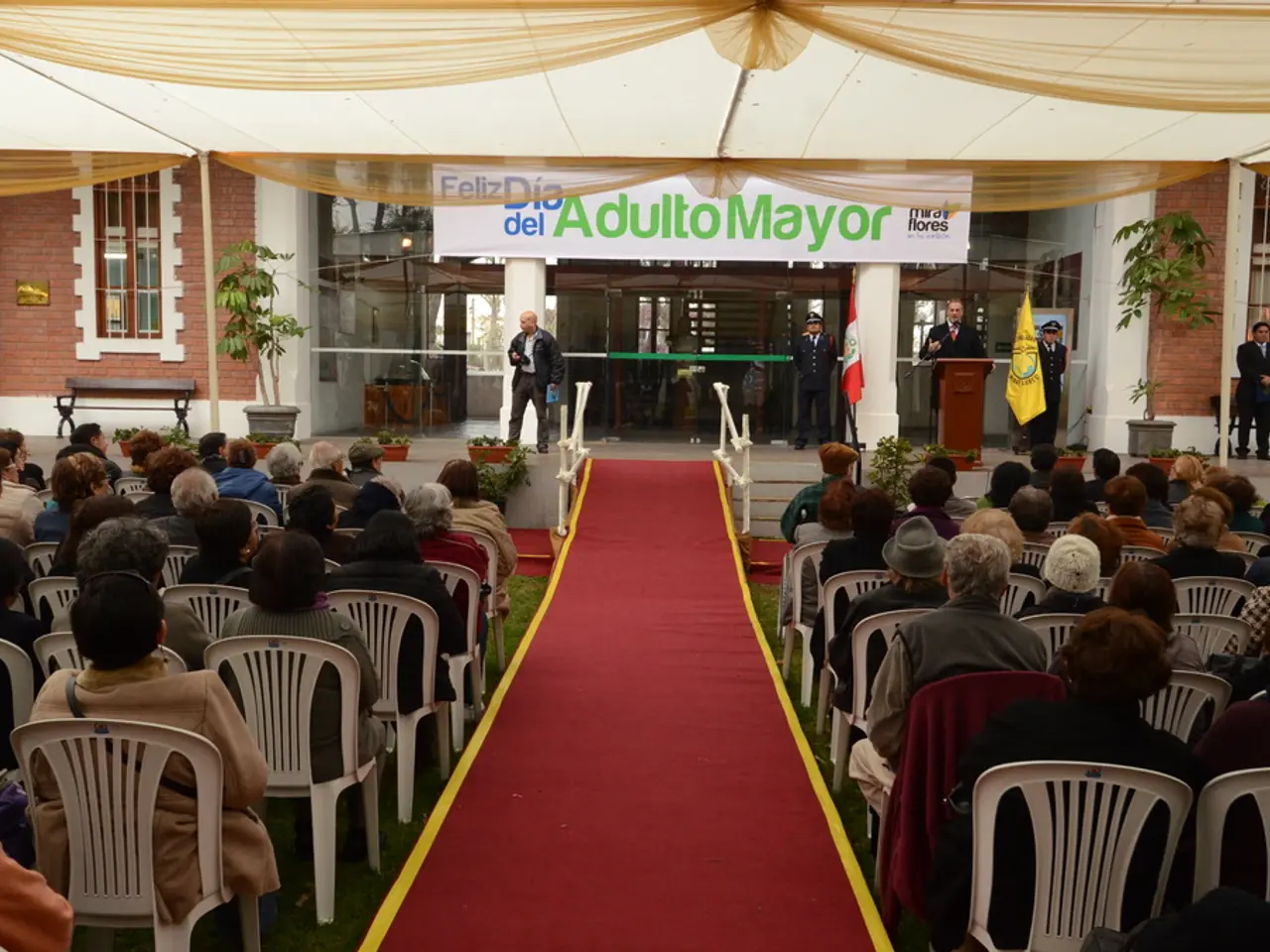Diplomatic ties between the United Kingdom and Syria are reinstated.
In a significant move, Britain has resumed full diplomatic relations with Syria, marking the first ministerial visit from the UK in 14 years. The decision comes after numerous sanctions against Damascus were lifted in recent months and follows the fall of the Assad regime, which occurred seven months ago.
The meeting in Damascus was attended by British Foreign Secretary David Lammy, Syrian interim President Ahmed al-Sharaa, and Foreign Minister Asaad al-Shaibani. Notably, the meeting did not include the presence of Bashar al-Assad, the former Syrian ruler.
The UK government's primary motivation for re-establishing relations is to support the new Syrian government in delivering a stable, secure, and prosperous future for Syrians. The UK aims to assist Syria in rebuilding its economy, achieving an inclusive political transition, and pursuing justice for victims of the former regime.
The resumption of ties is also seen as a way to enhance security in the wider Middle East region and for the UK itself, as well as to help tackle irregular migration. Britain has announced a new £94.5 million aid package focused on urgent humanitarian assistance, education, livelihoods, and support for countries hosting Syrian refugees. Additionally, the UK pledged £2 million to the Organisation for the Prohibition of Chemical Weapons (OPCW) to help eliminate Syria’s chemical weapons, a significant step toward addressing the legacy of Assad’s chemical attacks.
The UK's strategic calculation behind this move is that engaging with the new government will better serve its interests and promote stability in the region after over a decade of conflict and isolation from Syria under Assad. A stable Syria would ensure the destruction of chemical weapons, address the threat of terrorism, and reduce the risk of irregular migration.
It's important to note that al-Sharaa, formerly a leader of the Islamist HTS, became the interim president of Syria. The fall of Assad's government was not carried out by the Syrian military but by the Islamist HTS militia and affiliated groups.
This resumption of ties reflects Britain’s hope for a more secure and stable Syria, opportunities to address the chemical weapons issue, support for humanitarian relief and economic recovery in Syria, and enhanced cooperation on regional and international issues with the new Syrian government.
The UK's community policy, as demonstrated by the resumption of diplomatic relations with Syria, aims to assist the new Syrian government in achieving political transitions and promoting stability, thereby enhancing security in the broader Middle East region and tackling irregular migration. This move also signifies the UK's involvement in the general-news arena, as it pertains to the politics of rebuilding Syria's economy and pursuing justice for victims of the former regime.






